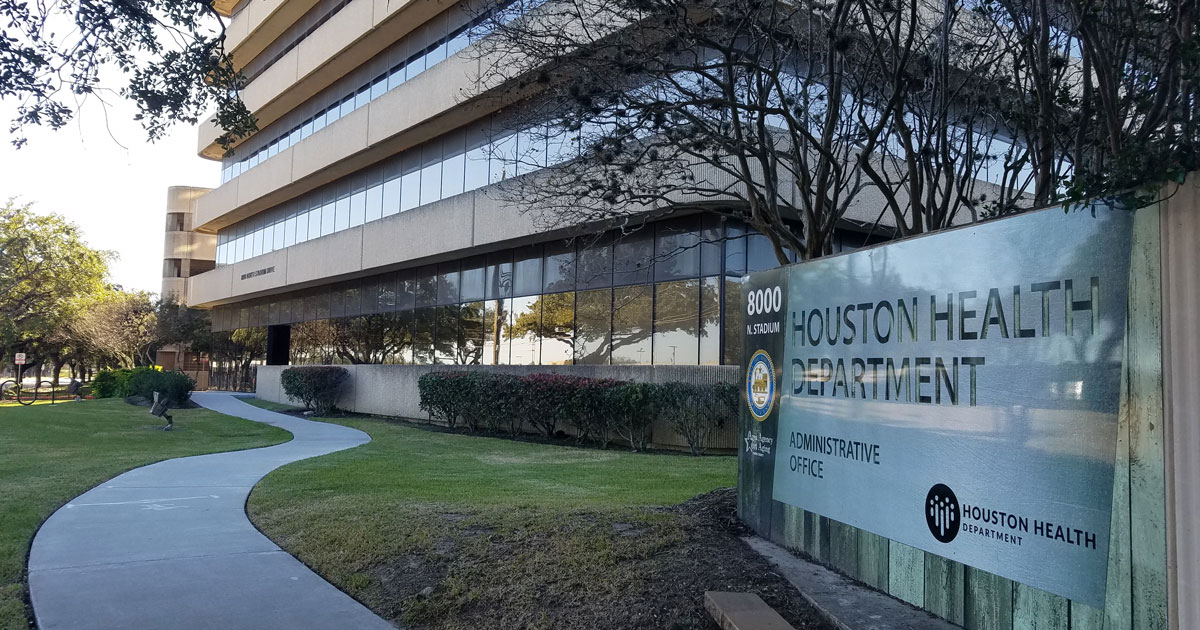Funding Crisis Hits Houston: Health Department Faces $42M Shortfall as Federal Cuts Threaten Urban Services

In a revealing financial breakdown, City Controller Chris Hollins has shed light on the critical role of federal funding for key municipal departments. The health department substantially depends on federal support, with a majority of its budget coming from national government sources. Even more striking is the Housing and Community Development Department, which relies almost exclusively on federal funding, with an astounding 99% of its budget derived from federal allocations.
This financial structure underscores the importance of federal support in maintaining essential city services and infrastructure. By providing such significant financial backing, the federal government plays a crucial role in enabling local departments to address community needs, from public health initiatives to housing development and community support programs.
